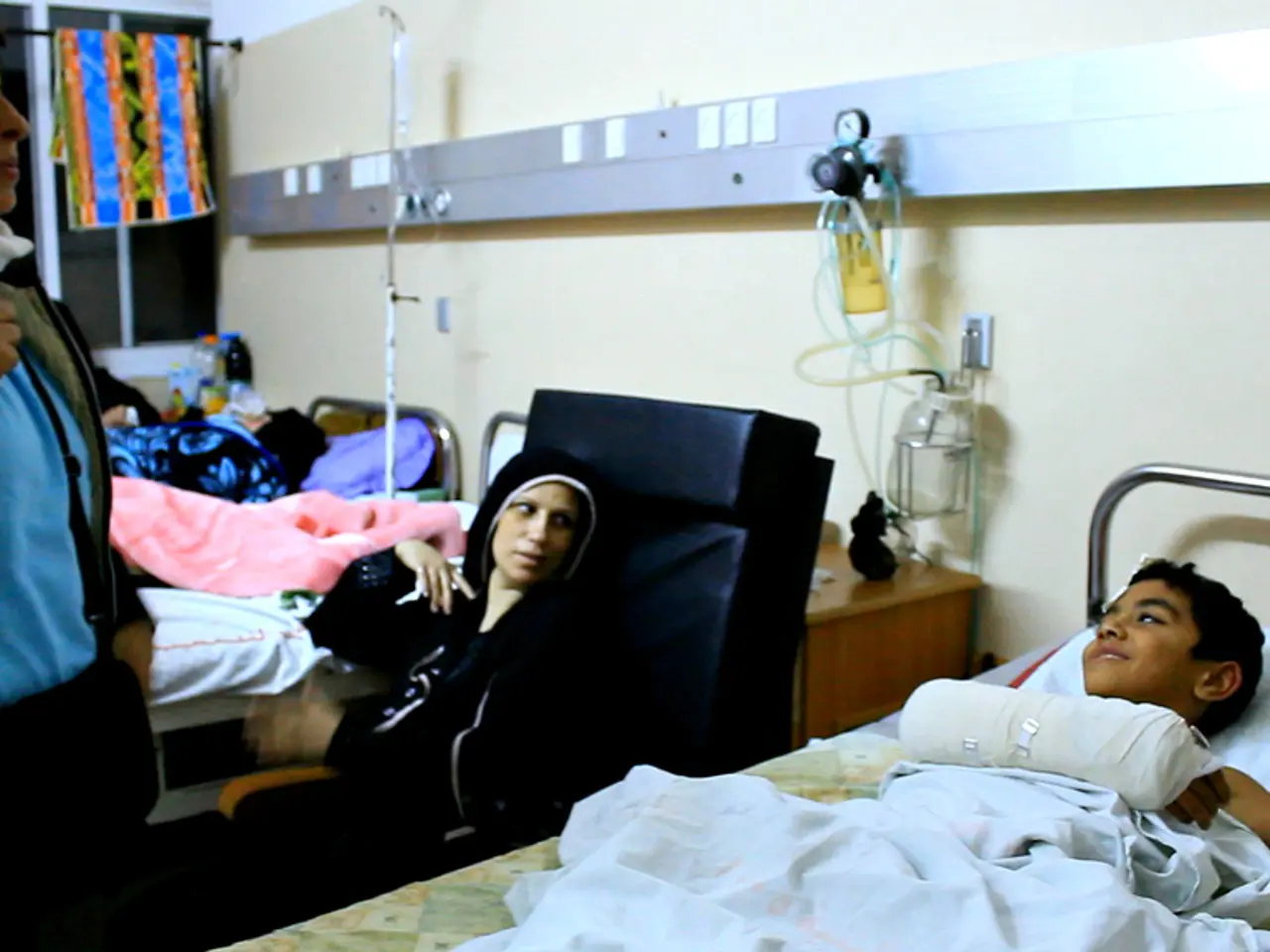Hospitals in Baden-Württemberg, Schleswig-Holstein, and Saxony-Anhalt file legal action against hospital guidelines established by the G-BA.
Three German States Challenge Hospital Guidelines in Constitutional Complaint
Three German states – Baden-Württemberg, Schleswig-Holstein, and Saxony-Anhalt – have filed a constitutional complaint against guidelines set by the Joint Federal Committee (G-BA) regarding minimum quantity and personnel requirements for hospital care. The states argue that these federal rules undermine their responsibility for hospital planning and could jeopardize the availability and quality of care for patients in need.
The focus of the complaint is on the inpatient care of premature babies weighing less than 1.250 grams, allogeneic stem cell transplantation, and psychiatric and psychosomatic clinics. The states contend that the G-BA rules restrict their planning sovereignty and could lead to supply bottlenecks in hospital care, particularly amid ongoing staff shortages.
Since 2024, hospitals must meet defined minimum patient volumes to treat very small premature infants. The states assert this limits their ability to maintain sufficient neonatal care levels regionally, potentially reducing access for this vulnerable group. Similarly, minimum case and staffing requirements apply across other specialized care areas, including stem cell transplantation and psychiatric clinics. The complaint implies that such rules could impair regional availability of complex and psychosomatic care due to rigid federal thresholds that may not fit local demand or capacity.
Health Minister Manne Lucha (Greens) from Baden-Württemberg described the constitutional complaint as a "necessary last resort" to protect the planning authority of the states. The states' argument is that the G-BA’s minimum case volume and personnel requirements conflict with their constitutional responsibility for hospital planning and organization. They believe the federal rules interfere unlawfully with their states’ autonomy in healthcare provision.
If sanctions come into effect in 2026 for non-compliance with the personnel requirements for psychiatric and psychosomatic clinics, clinic closures or restrictions in the supply offer for psychiatric and psychosomatic care are threatened. This structural challenge underlies the states’ legal challenge, as the healthcare workforce shortage complicates hospitals’ ability to meet personnel standards.
The constitutional complaint highlights the potential impact of the personnel requirements for psychiatric and psychosomatic clinics on the quality and availability of care for patients in need. The case is pending at the Federal Constitutional Court in Karlsruhe.
[1] German news source 1 [2] German news source 2
- The constitutional challenge mounted by Baden-Württemberg, Schleswig-Holstein, and Saxony-Anhalt to the guidelines set by the Joint Federal Committee (G-BA) is rooted in the argument that these federal rules restrict their planning sovereignty in health-and-wellness sectors, such as neonatal care, allogeneic stem cell transplantation, and psychiatric clinics, which could lead to supply bottlenecks and jeopardize the quality of care due to ongoing staff shortages and rigid federal thresholds that may not fit local demand or capacity.
- The focus of the complaint filed by the three German states is not only on minimum personnel requirements for psychiatric and psychosomatic clinics, but also on the potential impact of these rules on the quality and availability of care for patients in need, which has become a pressing concern in general-news discussions and policy-and-legislation debates regarding medical-conditions, particularly amid the ongoing workforce shortage in the healthcare sector.
- As the constitutional complaint highlights, if sanctions come into effect in 2026 for non-compliance with the personnel requirements for psychiatric and psychosomatic clinics, it could lead to clinic closures or restrictions in the supply offer for psychiatric and psychosomatic care, adding another twist to the ongoing politics surrounding health-and-wellness policy and management in Germany.




